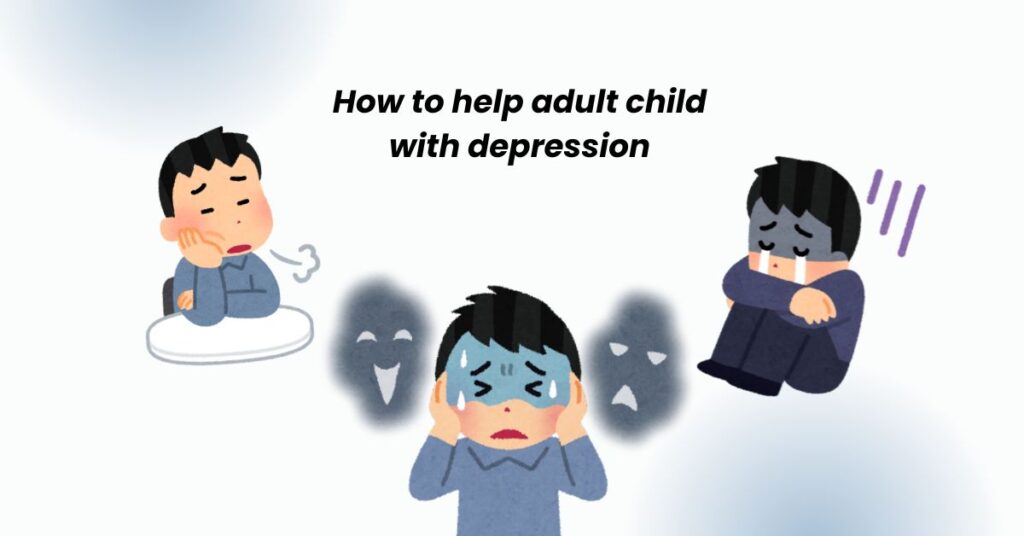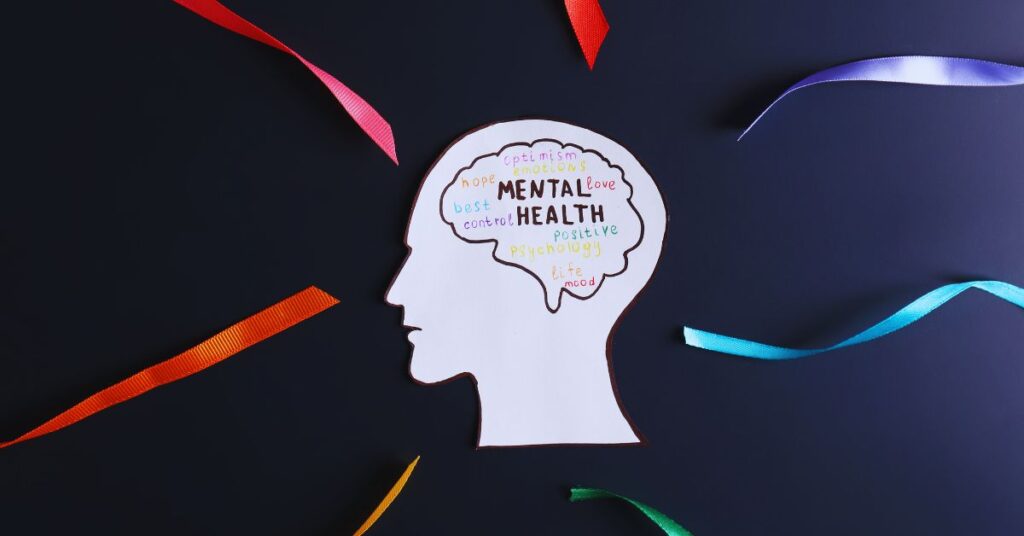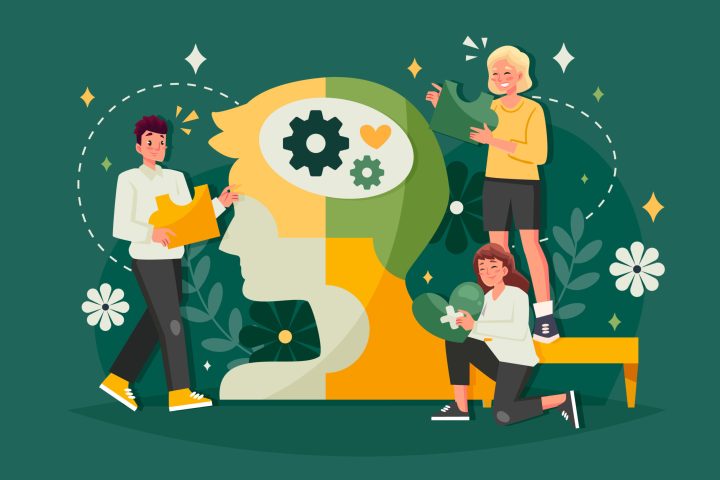Depression is a serious issue. It affects many people, including adults. If your adult child has depression, you want to help them. This guide will show you how.
Topic of Contents
ToggleUnderstand Depression
First, you need to understand what depression is. Depression is a mental illness. It makes people feel very sad. They can feel this way for a long time. It also affects how they think and act. Depression is not just feeling sad. It is much more serious. It needs proper care and support.
Know the Signs
It is important to know the signs of depression. Here are some common signs:
- Feeling very sad or empty
- Loss of interest in activities
- Changes in weight or appetite
- Sleeping too much or too little
- Feeling very tired
- Feeling worthless or guilty
- Having trouble thinking clearly
- Thoughts of death or suicide
If you see these signs in your child, they might have depression. It is important to take action.
Listen to Them
One of the best ways to help is to listen. Let your child talk about their feelings. Do not judge them. Just listen. Show that you care. Say things like, “I am here for you.” Listening can make a big difference.
Encourage Professional Help
Depression is a medical issue. It needs treatment from professionals. Encourage your child to see a doctor or therapist. They can provide the right care. They might suggest therapy, medicine, or both. Support your child in getting the help they need.
Be There for Them
Show your child you are there for them. Spend time with them. Do things they enjoy. Even small activities can help. Go for a walk. Watch a movie. Cook a meal together. Your presence can provide comfort.
Help Them with Daily Tasks
Depression can make simple tasks hard. Help your child with daily tasks. This can include:
- Cooking meals
- Cleaning the house
- Doing laundry
- Paying bills
Helping with these tasks can reduce their stress. It can also show them they are not alone.
Encourage Healthy Habits
Healthy habits can help fight depression. Encourage your child to:
- Eat healthy foods
- Exercise regularly
- Get enough sleep
- Limit alcohol and drugs
These habits can improve their mood. They can also boost their energy.
Be Patient
Recovery from depression takes time. Be patient with your child. They might have good days and bad days. Support them through both. Do not get frustrated. Your patience can help them feel safe.
Learn About Depression
The more you know about depression, the better you can help. Read books or articles about depression. Attend support groups or workshops. The more you understand, the better support you can provide.
Take Care of Yourself
Helping someone with depression can be hard. It is important to take care of yourself too. Make sure you have support. Talk to friends or family. Consider seeing a therapist. Taking care of yourself will help you take care of your child.
Stay Positive
Stay positive and hopeful. Your positive attitude can help your child. Encourage them. Remind them that they can get better. Your support can give them strength.
Set Boundaries
While helping your child, remember to set boundaries. It is important for both of you. Make sure you have time for yourself. Set limits on what you can do. This will help you avoid burnout.
Encourage Social Interaction
Social interaction can help fight depression. Encourage your child to spend time with friends and family. Even small gatherings can help. Social support is very important.
Keep Communication Open
Keep the lines of communication open. Let your child know they can talk to you anytime. Be open and honest with them. Good communication can make a big difference.
Watch for Warning Signs
Sometimes, depression can lead to thoughts of suicide. Watch for warning signs. These can include:
- Talking about death or suicide
- Giving away possessions
- Withdrawing from others
- Sudden mood changes
If you see these signs, seek help immediately. Call a crisis hotline or go to the emergency room. Do not wait.
Celebrate Small Wins
Celebrate small wins with your child. If they have a good day, celebrate it. If they complete a task, praise them. Small wins can add up. They can help your child feel better.
Stay Informed
Stay informed about depression and treatments. New information comes out all the time. The more you know, the better you can help.
Support Their Treatment
If your child is in treatment, support them. Help them keep appointments. Encourage them to take their medicine. Be there for them during therapy. Your support can help them stick with treatment.
Do Not Blame Yourself
Remember, depression is not your fault. It is not your child’s fault. It is a medical condition. Do not blame yourself. Focus on helping your child get better.
Offer Hope
Always offer hope. Remind your child that they can get better. Many people recover from depression. With the right help, they can too. Your hope can give them strength.
Frequently Asked Questions
What Are The Signs Of Depression In Adults?
Common signs include sadness, loss of interest, fatigue, and changes in sleep.
How Can I Support My Adult Child?
Listen without judgment. Encourage professional help. Be patient and understanding.
Is Therapy Effective For Depression?
Yes, therapy can help. Different types work for different people. Consider cognitive behavioral therapy.
Can Medication Help With Depression?
Medication can help. It’s often used alongside therapy. Consult a doctor for advice.
Conclusion
Helping an adult child with depression is hard. But your support can make a big difference. Listen to them. Encourage professional help. Be there for them. Help with daily tasks. Encourage healthy habits. Be patient. Take care of yourself. Stay positive. Set boundaries. Encourage social interaction. Keep communication open. Watch for warning signs. Celebrate small wins. Stay informed. Support their treatment. Do not blame yourself. Offer hope.
Your love and support can help your child through this tough time. Remember, you are not alone. There is help available. Together, you can get through this.







